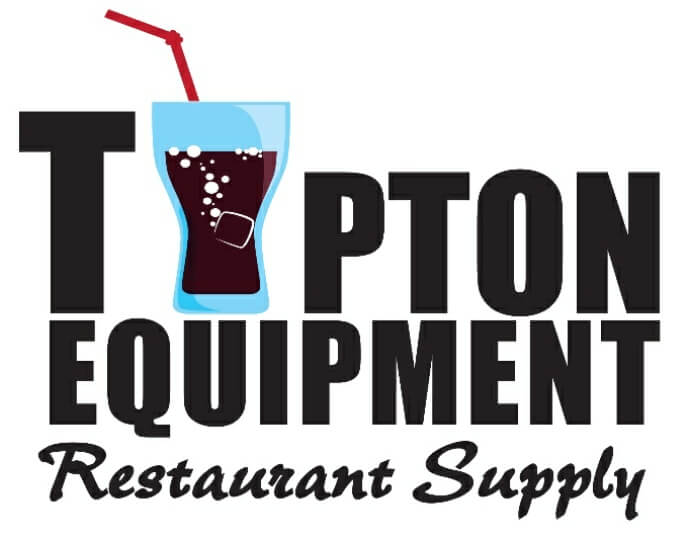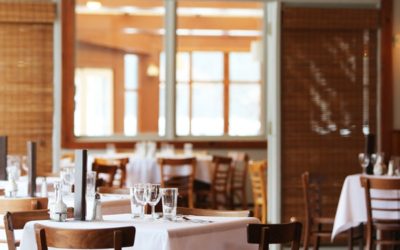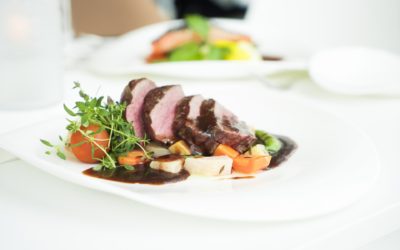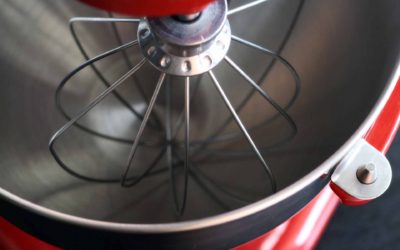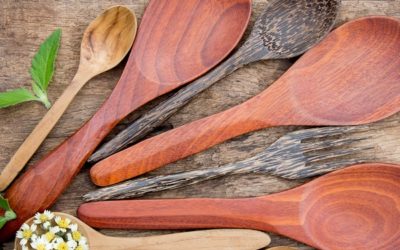The Top Chefs Use Cast Iron. Do You?
June 9, 2017From pots to pans, restaurant cookware has been made out of all kinds of materials.
What kind do you use? It’s time for you to use cast iron. Cast iron cookware has many benefits. Let’s take a look at why you need to be using cast iron in your professional kitchen.
Tastes Better With Time When You Use Cast Iron
Many things in life are better with time. Cast iron is one of those things. Your season builds up as you use oil (less oil than standard cookware), and with that build-up of seasoning you will gain more flavor. This is a major reason that some people choose to use cast iron over other types of restaurant cookware.
Use Cast Iron for a Long Lasting Equipment
Unlike other types of cookware, cast iron is very long lasting. As long as you maintain the proper seasoning when you use cast iron, you will be able to use it virtually forever. Many people use cast iron pieces that have been passed down through their family for generations. You will find that it is very hard to find a reason to replace your cast iron cookware.
Less Oil Needed When you Use Cast Iron
Cast iron cookware is seasoned regularly to help keep the flavor and preserve the surface. With this seasoning, you are creating a layer on top when you use cast iron. This means you don’t need as much oil to keep your food from sticking.
Heat Retention and Heat Sources
Everyone loves a pan that holds its heat and distributes it throughout the cookware. Iron is great because it holds heat for a long time.
Unlike some other types of restaurant cookware out there, use cast iron on any heat source. That includes convection, open flame, gas, electric, induction, and anything else that you can think of. When exposed to an open flame, cast iron does not warp or otherwise get misshapen. The only thing that you need to keep in mind is to not drag the cast iron across any delicate surfaces such as glass, as it will damage the surface.
Stove Safe, Oven Safe
Another great benefit when you use cast iron cookware is that it is both stove safe and oven safe. That means that you can plop it on the stove to start and then throw it in the oven to keep it warm or to finish it off. Keeping the dish warm while preparing dishes for other customers at the table is a key bonus to this benefit.
Durability is a Bonus
Non-stick kitchenware has become ever more popular recently due to the ability to quickly slide food off the restaurant cookware and to clean it easily. However, most non-stick cookware is fragile and can be damaged by metal utensils. Some even leach chemicals into the food when scratched.
As long as you properly season and maintain it, you will still have a great non-stick surface when you use cast iron. Not only is it non-stick, it is also metal utensil safe. This is crucial in a busy commercial kitchen where it is very easy to scratch up cookware.
Indestructible, great tasting, versatile, and many other labels can be described when you use cast iron cookware. With labels like these, why wouldn’t you use cast iron for your restaurant cookware? If you are really trying to craft food your customers will love, then use cast iron. Good luck with your restaurant and keep cooking!
5 Keys to Creating the Perfect Restaurant Seating Areas
Restaurants are about so much more than just food. From the setting and layout of your restaurant to your choice of colors, it takes a lot more than an appealing menu to keep diners coming back for more. When setting up your restaurant, booths and chairs are important...
5 Essential Buying Tips for Your Next Food Prep Work Table
The right foodservice equipment is pivotal to the efficiency of your kitchen. One of the most important types of foodservice equipment for any kitchen is the work table. With limited room on countertops available for your food prep needs, the cooking process can drag...
Tips for Keeping Your Commercial Sink Sparkling Clean
Your commercial kitchen, just like your personal kitchen, must be kept clean at all times. With all of the cooking and food processing you do, it is inevitable that your sink gets messy. Cleaning up your commercial kitchen is incomplete without proper cleaning of your...
Food-Cutting Secrets to Beautiful Dishes
In the restaurant industry, presentation is often said to be just as important as the food itself. Using the right knowledge, skills and restaurant supplies, you can incorporate creativity into your presentation, making guests feel that they are getting something...
Top Space-Saving Tips for Commercial Kitchens
Top Space-Saving Tips for Commercial Kitchens Space is always an important consideration when setting up a kitchen, and this is even truer for commercial kitchens. With a strong focus on functionality and the kitchen supplies that meet the needs of your commercial...
5 Ways to Get the Most Out of Your Mixer
No one wants to eat off of dirty or tarnished silverware. A stand mixer is a highly useful piece of kitchen equipment to invest in. Although this type of kitchen equipment does not usually come cheap, it can last a lifetime when properly cared for. Despite all your...
Restaurant Prep Tool Selection Simplified
What’s a restaurant kitchen without high-quality prep tools that can withstand the pressure of frequent use? Whether you already have a restaurant you’re running, or you’re just planning to launch one, one vital factor that could make or mar your business is how you...
Beginner’s Guide to Choosing a Commercial Ice Cream Freezer
Ice cream is a delicious and appealing desert treat for everyone, young or old. Having made the decision to sell ice cream to your customers, whether you have a restaurant, convenience store, or specialty ice cream parlor, it is time to begin stocking up on the right...
How to Choose the Right Kitchen Scales for Your Restaurant
A food scale is an essential item in every restaurant’s store of kitchen supplies. Designed to take the guesswork out of food measurement and maintain consistent food serving sizes, food scales are indispensable kitchen supplies in the commercial kitchen. With such a...
Beer Chilling Systems: Which Type Is Right for My Restaurant?
A refrigeration unit is integral to the functioning of any restaurant. Beers are best served cold - there’s no questioning that! But which beer chilling system is the best? From reach-in coolers to glycol chillers, a beer chilling system is an important piece of...
What Equipment Will I Need to run a Food Truck?
There’s a lot of planning that goes into starting your own food truck business. Before you hit the road with your delicious food offerings, you’ll need to fill up your truck with all the right foodservice equipment. Considering the lengthy list of possible items to be...
8 Types of Food Thermometers: What You Need To Know
Food thermometers are essential restaurant supplies for your commercial kitchen. They ensure that foods prepared in your commercial kitchen are cooked to the right temperature and held at that temperature for as long as necessary to kill any harmful bacteria. This...
How to Identify the Best Food Processor for Your Needs
Highly versatile and extremely efficient, food processors are designed to take away the hard work from repetitive kitchen activities. This type of cooking equipment can quickly become an invaluable tool in your kitchen. From chopping, to shredding, grinding, mincing,...
6 Keys to Choosing the Best Chafing Dishes for Your Restaurant
The chafing dish, also known as the chafer, is an essential piece of restaurant equipment for any establishment that wants to keep food hot. This type of restaurant equipment gets its name from the French word, chauffer, which means to heat, and it’s easy to see why....
Turning up the Dial on Commercial Fryers: How to Choose One for Your Restaurant
Fried food is a well-loved favorite. This is a fact. It also makes a fryer an important piece of equipment to have in your commercial kitchen. Just consider how many appetizers and sides require frying: onion rings, French fries, and fried green tomatoes are just a...
